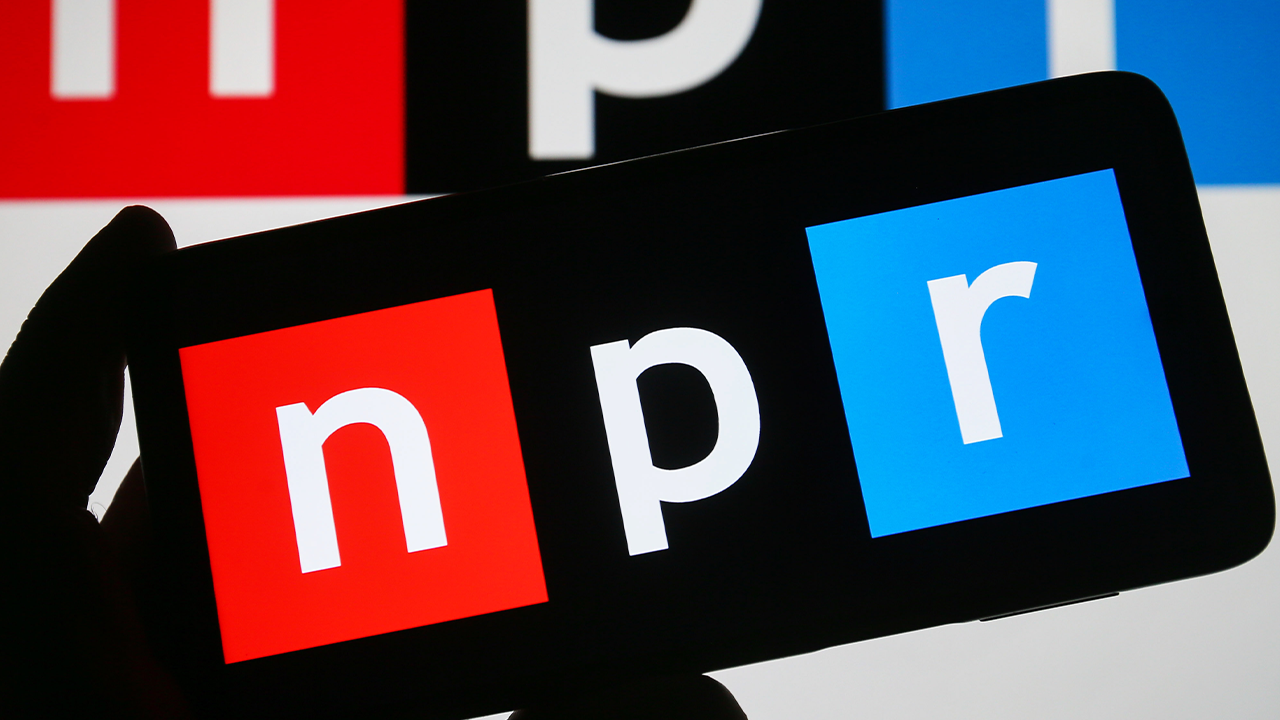Unpacking the Debate: Should Taxpayer Funding for NPR Come to an End?
As discussions intensify regarding the future of public media, the question of whether taxpayer funding for National Public Radio (NPR) should come to an end is becoming increasingly prominent. Prominent legal expert Jonathan Turley has voiced strong arguments in favor of discontinuing government support for NPR, framing the issue within a larger context of accountability and public trust. This debate not only examines the role of public media in society but also raises critical questions about funding sources, media bias, and the implications for democratic discourse.
The Role of NPR in Public Media
NPR has been a cornerstone of American public media since its inception in 1970. Funded through a combination of listener donations, corporate sponsorship, and federal grants, NPR provides a diverse array of programming, including news, cultural programming, and educational content aimed at informing and engaging the public. With a mission to serve the public interest, NPR has positioned itself as a vital resource for millions of Americans seeking reliable information and thoughtful analysis.
However, the reliance on taxpayer funding has raised concerns among critics who argue that government support compromises NPR’s independence. The argument posits that federal funding can lead to implicit biases in reporting, as the network may feel pressured to align with government narratives to secure financial backing. This has led to a polarized debate, with some advocating for complete privatization of public media and others calling for reforms to ensure transparency and accountability.
Arguments for Ending Taxpayer Funding
Jonathan Turley and others who support ending taxpayer funding for NPR present several compelling arguments:
- Government Subsidization and Independence: One of the most significant concerns is that taxpayer funding can inherently bias the content produced by NPR. Critics argue that the network’s need to appease government interests could compromise journalistic integrity, leading to a lack of impartiality in reporting.
- Alternative Funding Models: Proponents of ending taxpayer funding suggest that NPR could thrive through alternative funding models. By relying solely on listener donations and corporate sponsorship, NPR could potentially increase its independence and foster a more diverse funding base, free from governmental influence.
- Accountability to Audiences: Critics argue that public media organizations should be accountable to their listeners rather than to government entities. By eliminating taxpayer funding, NPR would be compelled to improve its programming and listener engagement, as its survival would depend on audience support.
Counterarguments: The Case for Public Funding
While the arguments for ending taxpayer funding are robust, there are also compelling reasons to maintain it:
- Access to Quality Journalism: Public media plays a critical role in providing high-quality journalism, especially in underserved areas where commercial media may not operate. NPR’s funding allows it to produce in-depth investigative reporting that might not be feasible under a purely commercial model.
- Promotion of Diverse Voices: Federal funding helps ensure that a variety of perspectives are represented in the media landscape. Public funding can support programming that addresses the needs and interests of marginalized communities that might otherwise be ignored.
- Educational Value: NPR contributes significantly to the educational landscape by providing programming that enhances public knowledge and understanding of complex issues. This educational role is especially important in an era of misinformation and polarized media.
Public Sentiment and the Future of NPR
Public sentiment regarding NPR funding is mixed. While many listeners appreciate the quality and diversity of programming, there are rising calls for accountability and transparency. A survey conducted by the Pew Research Center found that a substantial portion of the American public believes that media organizations should be more accountable to their audiences rather than government entities.
Moreover, the political climate significantly influences public opinion on NPR’s funding. In recent years, as discussions around media bias have intensified, some segments of the population have become increasingly critical of NPR, alleging that it exhibits a liberal bias in its reporting. This perception can impact funding discussions, leading to further polarization around the issue.
Possible Reforms for Public Media
Rather than a complete cessation of taxpayer funding, some experts suggest that reforms could enhance NPR’s accountability and independence. These reforms might include:
- Increased Transparency: NPR could adopt stricter transparency measures regarding its funding sources and editorial decisions, helping to build trust with its audience.
- Performance Metrics: Establishing clear performance metrics for programming could help ensure that NPR remains accountable to its audience and meets the expectations of its listeners.
- Public Engagement Initiatives: Encouraging listener involvement in programming decisions and feedback mechanisms could foster a stronger connection between NPR and its audience.
Conclusion: A Path Forward
The debate over taxpayer funding for NPR is complex and multifaceted, touching on issues of media integrity, public accountability, and the role of government in supporting the arts and media. While Jonathan Turley’s arguments for ending taxpayer support highlight valid concerns regarding independence and accountability, the potential consequences of such a move must be carefully considered.
Ultimately, the future of NPR may not lie in the elimination of taxpayer funding, but rather in a balanced approach that includes both public support and robust accountability measures. By fostering a media landscape that prioritizes quality, diversity, and transparency, we can ensure that public media continues to serve the public interest in an increasingly complex media environment.
As this debate unfolds, it is crucial for stakeholders—listeners, policymakers, and media professionals—to engage in constructive dialogue, exploring innovative solutions that enhance the role of public media in American society. Only through collaboration and transparency can we navigate the future of NPR and public media effectively.
See more BBC Express News

